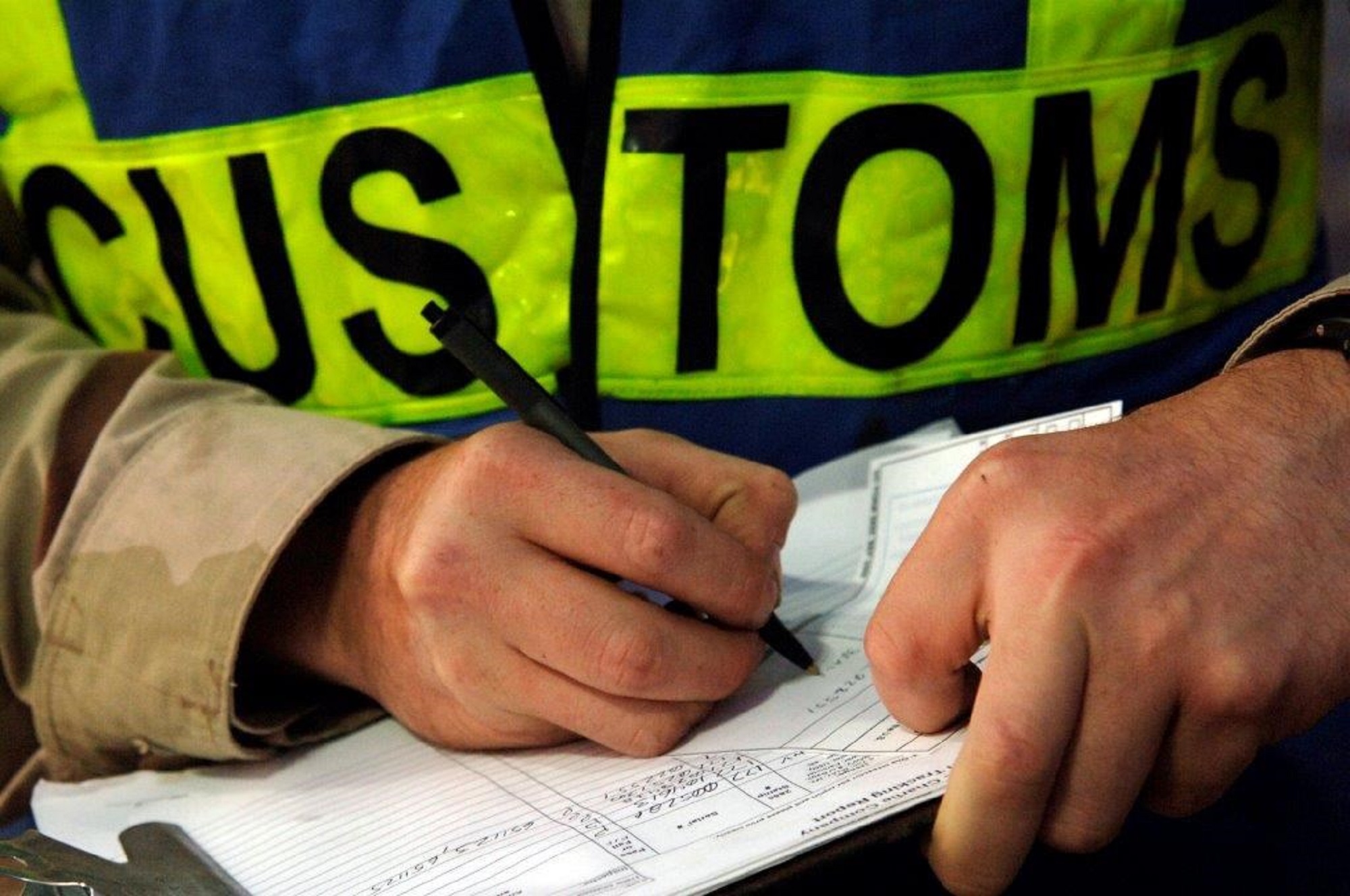Since 1 January 2020, the European VAT legislation has contained four so-called ‘Quick Fixes’. According to the EU Commission, they are intended to simplify cross-border trade within the EU. We have discussed the Quick Fixes in previous online publications (i.e. the call-off stock simplification, the new administrative requirements on the VAT ID number, the standardization of the proof of intra-Community transport, and the rules on the allocation of transport). Now six months after the implementation we evaluate the current status of the Quick Fixes.
Some countries slow to react
The Quick Fixes entered into effect several months ago. Notwithstanding this, authorities are still struggling to adapt their legal system to the new rules. An overview published by the EU Commission points out that a number of Member States (including Greece, Italy and Portugal) have not yet adopted any national legislation on the Quick Fixes. To motivate these countries to be compliant with EU law, the Commission has indicated that it will start up infringement procedures against them, bringing their cases before the European Court of Justice.
Businesses struggling too
Whilst various Member States are lagging behind with their implementation, businesses also prove to be struggling. The primary reason is that the new rules require considerable changes to ERP-configurations and business processes (e.g. invoicing, warehousing, administration). In addition, the incomplete implementation of the Quick Fixes in the EU makes it difficult for businesses to know which rules apply where, and from what moment onwards.
In practice, we have received feedback that some businesses find the Quick Fix on the call-off stock too complicated, as it relies on many strict and formal conditions (e.g. the 12-month limitation period). Companies also struggle with the Quick Fix on the VAT ID number, as the new rules require significant changes to the administrative processes. This being said, the Quick Fix on the allocation of transport is generally received favorably, as it enables parties operating within a supply chain to determine the correct VAT treatment of their supplies in a simpler manner. As regards the Quick Fix on the proof of transport, some confusion remains; it appears that some countries are inclined to make it mandatory, whereas others use it as an optional measure.
Missed opportunities?
Reviewing the feedback from corporate actors, one can wonder to what extent the Quick Fixes indeed have led to a simpler intra-Community business environment. This being said, we believe that the Quick Fixes offer various opportunities. Once the new rules are properly in place in all EU countries, they may allow businesses to streamline their logistic flows and reduce their VAT reporting and registration obligations. In case you would like to discuss the possibilities for your business, please contact us.
This content was published more than six months ago. Because legislation and regulation is constantly evolving, we recommend that you contact your Baker Tilly consultant to find out whether this information is still current and has consequences (or offers opportunities) for your situation. Your consultant will be happy to discuss the latest state of affairs with you.





